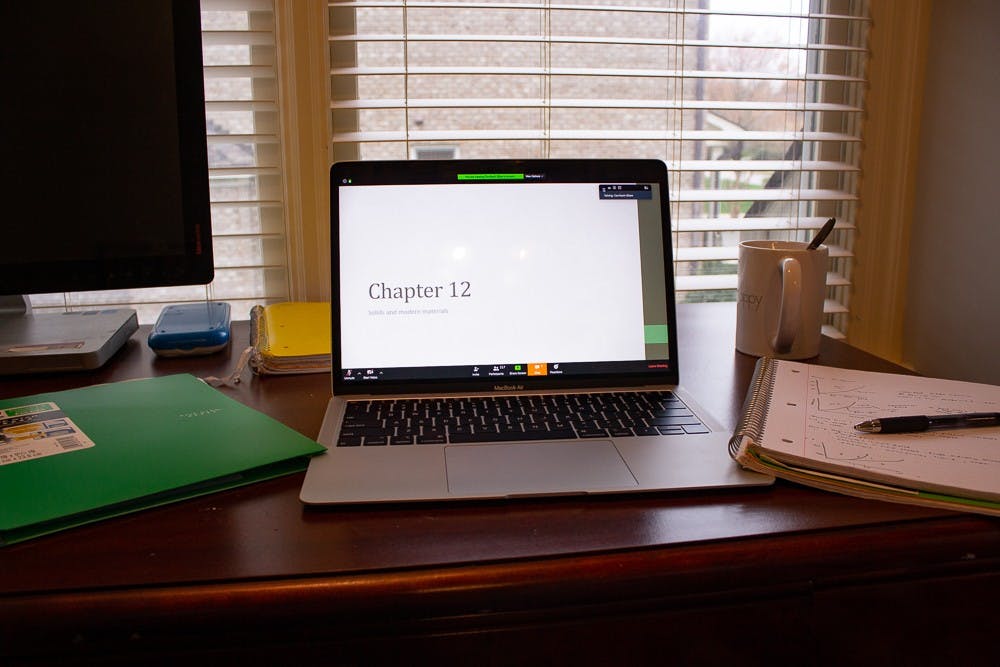From art history to women's and gender studies, UNC classes have switched to remote instruction in response to the COVID-19 pandemic — and many professors have eased their expectations of students amid a global crisis.
Others may not have been so accommodating, according to a petition shared on social media regarding the remote instruction for Biology 252L: Fundamentals of Human Anatomy and Physiology Laboratory. The petition currently has more than 180 signatures.
According to the petition, the course has added difficult "mini exams" to the curriculum following the University's switch to remote learning.
The writer of the petition, who is not listed and could not be identified by The Daily Tar Heel, said on the petition that they felt as though, during an already stressful time, the class was increasing in difficulty and worsening the burden on students.
“In general, the transition from in-person to online should not warrant this degree of difference in the difficulty of this course," the petition reads. "We do not believe it is for the instructors to make this course increasingly strenuous because these expectations require knowledge far out of the scope of the class to succeed — especially in comparison to expectations from other semesters.”
A couple of people commented on the petition explaining their stances.
“The purpose of quizzes/exams are to test our knowledge — not to trick us," a commenter wrote. "Why strive for bell curve grades during such difficult and uncertain times? Please be more fair and reasonable.”
Seth Alexander, a graduate teaching fellow and the current instructor of the class, said though the conditions of online learning aren’t ideal, he thinks it would be better for struggling students to seek individual help.
“I think the best course of action (in this or any other circumstance) is to improve communication and encourage students to seek individual help when they’re not doing well," Alexander said in an email. "Students are unlikely to realize that the concepts being tested are not significantly different from this part of the course in any other semester. We’re actually seeing that students are doing as well or better with these assessments than previous groups of students.”




